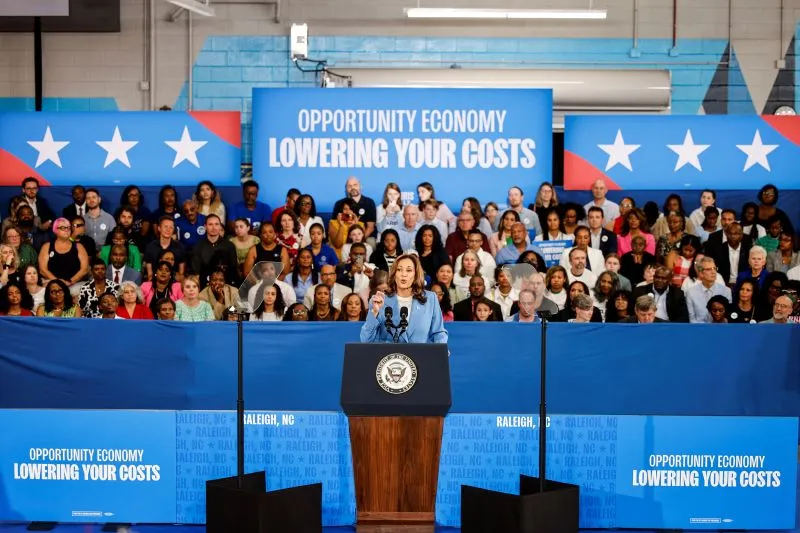The Harris Plan to Stop Price Gouging: Insights and Implications

The Harris Plan to Stop Price Gouging: An Analysis
Food prices have surged by more than 20% under the Biden-Harris administration, prompting **Vice President Kamala Harris** to propose a federal ban on price gouging across the food industry. During a campaign event, Harris stated, “My plan will include new penalties for opportunistic companies that exploit crises and break the rules.” However, some economists warn that this proposal could create more issues than it aims to resolve.
Economic Perspectives on Price Gouging
- Gavin Roberts, an economist at Weber State University, analyzed anti-price gouging laws from the pandemic and found that they often motivated consumers to buy more than necessary due to anxiety over rising prices.
- Roberts suggested that in response to high prices, allowing natural market adjustments might benefit consumers more effectively.
- Top economist Jason Furman echoed these concerns, arguing that such policies might stifle competition instead of enhancing it.
While some advocate for Harris's initiative, not all are aligned with this stance, suggesting that the focus should rather be on identifying factors preventing new entrants in concentrated markets.
The Broader Economic Context
- The inflation of recent years is attributed to several factors including:
- The war in Ukraine.
- Pandemic-related supply chain disruptions.
Supporters of the Harris plan, like Lindsay Owens from Groundwork Collaborative, assert that the initiative could empower authorities to address unethical price hikes more effectively.
This article was prepared using information from open sources in accordance with the principles of Ethical Policy. The editorial team is not responsible for absolute accuracy, as it relies on data from the sources referenced.